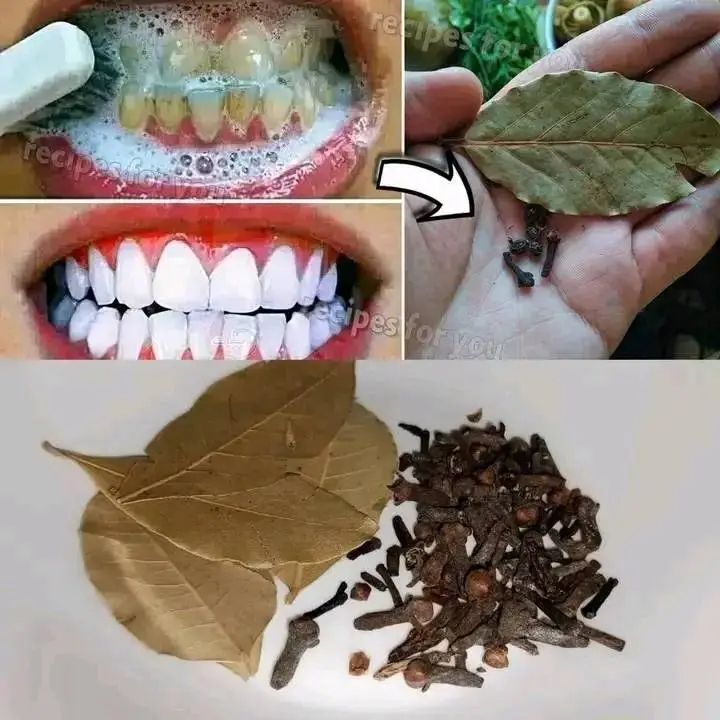Introduction
Do you dream of a brighter, healthier smile without expensive and time-consuming dental visits? The internet is buzzing with claims of quick fixes for tartar removal and teeth whitening, often promising dramatic results in just minutes. While maintaining good oral hygiene is paramount, and professional dental care is essential, let’s explore some DIY methods and understand their effectiveness, limitations, and potential risks. This article delves into what’s fact and fiction, helping you make informed decisions about your dental health.
Main Sections: Unveiling the Truth About Quick Tartar Removal and Teeth Whitening
Tartar Removal: The Hard Truth
Tartar, also known as calculus, is hardened dental plaque. It’s a stubborn substance that firmly attaches to your teeth and can only be effectively removed by a dental professional using specialized tools like scalers. While some home remedies might help soften plaque, they cannot truly eliminate tartar. Trying to scrape tartar off yourself can damage your enamel and gums, leading to sensitivity, bleeding, and even infection.
- Professional Cleaning is Key: Dentists and hygienists have the expertise and tools to safely and effectively remove tartar without harming your teeth.
- Plaque Control is Prevention: Brushing twice a day and flossing daily are your best defenses against plaque buildup, the precursor to tartar.
- Avoid Harsh Abrasives: Baking soda and other abrasive substances can wear down enamel and are not a substitute for professional cleaning.
Teeth Whitening in a Flash: Fact vs. Fiction
The allure of instant teeth whitening is strong. While over-the-counter whitening products can offer some surface-level improvement, achieving dramatically whiter teeth in just two minutes is highly unrealistic. The active ingredients in whitening products, such as hydrogen peroxide or carbamide peroxide, require extended contact time with the tooth surface to penetrate the enamel and break down stains.
Here’s a breakdown of whitening options:
- Professional Whitening: Offers the fastest and most significant results under the supervision of a dentist. They use stronger concentrations of whitening agents and can protect your gums and tissues.
- Over-the-Counter Whitening Strips: Can provide noticeable whitening with consistent use over several days or weeks.
- Whitening Toothpastes: Primarily remove surface stains and offer minimal whitening. They are good for maintaining brightness after professional treatments.
- DIY Whitening Remedies (Use with Caution!): Many online claims involve ingredients like lemon juice, apple cider vinegar, or activated charcoal. While some might offer minor surface stain removal, they can be harmful to your enamel due to their acidity or abrasiveness. Always consult your dentist before trying DIY methods.
Safe and Effective Oral Hygiene Practices
Instead of chasing instant miracles, focus on establishing a solid oral hygiene routine:
- Brush Regularly: Brush twice a day for two minutes each time using fluoride toothpaste.
- Floss Daily: Remove plaque and food particles from between your teeth and along the gumline.
- Use a Mouthwash: An antiseptic mouthwash can help kill bacteria and freshen your breath.
- Limit Stain-Causing Foods and Drinks: Coffee, tea, red wine, and soda can contribute to teeth discoloration.
- Regular Dental Checkups: Visit your dentist for professional cleanings and checkups at least twice a year.
Conclusion
While the promise of instant tartar removal and teeth whitening is tempting, remember that shortcuts often come with risks. Prioritize a consistent and effective oral hygiene routine, and consult with your dentist for personalized advice and professional treatments. A healthy, beautiful smile is an investment that requires patience, diligence, and the guidance of a qualified professional. Don’t fall for misleading claims – your dental health deserves better!
